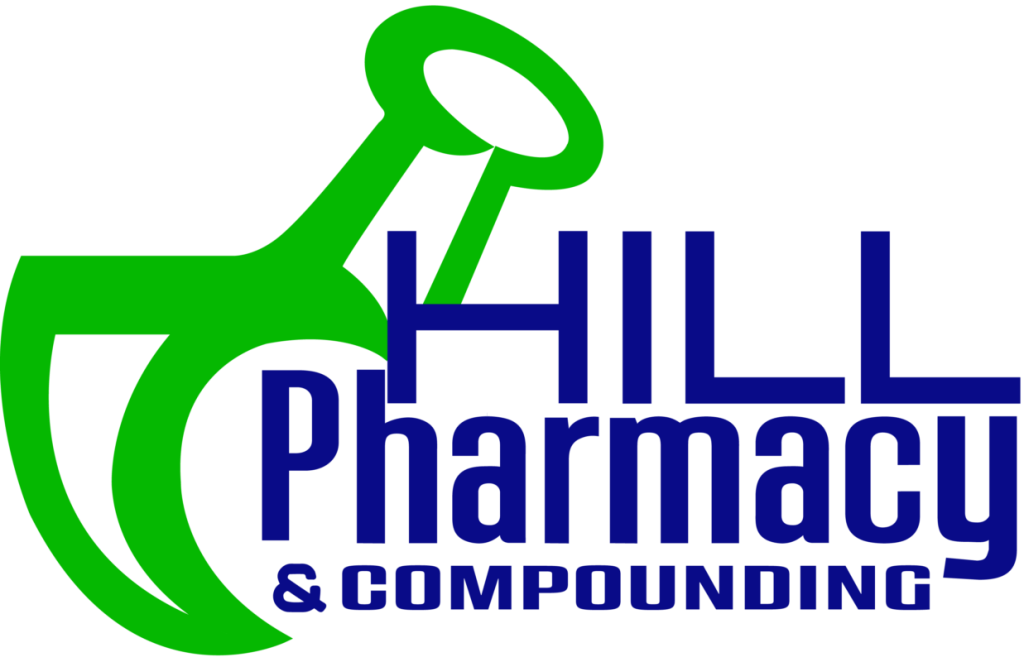Pros and cons of Pharmacy compounding
Pharmacy compounding refers to creating personalized medications according to a patient’s requirements. There are various advantages of pharmacy compounding. However, there can be some potential disadvantages also. Let’s take a closer look at the pros and cons of pharmacy compounding.
Compounding pharmacists blend, mix, and adjust the ingredients, fillers, flavors, and binders to formulate medicines in different forms such as ointments, capsules, creams, suspensions, and suppositories.

Pros of Pharmacy compounding
- Customized Medications: One of the fundamental advantages of pharmacy compounding is it allows for customization of doses and forms such as liquid may be given instead of pills. All this is done according to the needs of the patients of different age groups such as children and elderly who are struggling with particular health conditions.
- Specialty Forms: Pharmacy compounding also helps to create medications in special forms which may not be available commercially. These can be in the form of suppositories, lollipops, and topical gels according to the patient’s requirement.
- Availability of medicine: Through pharmacy compounding, patients can be provided access to medications which are in short supply or in discontinuation till there are alternative options.
- Patient-Centric Care: By customization of medicines, it may be easier for patients to improve their health and treatment routine.
- Budget-friendly: Compounded medications may be cost-effective if they prevent the requirement of multiple treatments and prescriptions.
Cons of Pharmacy Compounding
- Regulation and Safety: Compounded medications happen to be less regulated in comparison to commercial medications. It can cause potency variations and can cause impurities which may affect safety and efficacy. There may be risk of contamination in pharmacy compounding causing harm to the patients.
- Lack of Standardization: As compounded medications are made on order, there may be variations in consistency in every dose.
- Insurance and Cost Issues: There are insurance plans which do not cover compounded medications which may cost patients expensive. The process of compounding is more expensive as compared to commercial medications if special ingredients are used.
- Potential for Misuse: There is a risk in compound medications that they are used for unapproved purposes without any validation.
Why Do Some Patients Need Compounded Drugs?
Some patients may require compounded drugs that cannot be treated with FDA-approved medicine. Other reasons are as follows:
- If some patients are allergic to a particular dye
- Patients require a medication without a dye
- A child is unable to swallow a medication or require a pediatric compounding medication
- An elderly patient is suffering from a particular health problem
Are Compounded Drugs Safe?
As compounded drugs are not FDA-approved, they may or may not be safe. It means the FDA does not verify their quality, effectiveness, and safety. Consumers and doctors always rely on FDA approval for the safety and quality of the drugs.
Want to Improve Your Well-being through Compounding? Contact us
Pharmacy compounding may be advantageous for the patients who require customized medicines. However, it may require careful consideration of various parameters such as cost, safety, and regulations. You must always consult a healthcare professional who will help them determine whether compounded medications are good for them or not.
Pharmacists at Newport Beach pharmacy will provide personalized care which is vital for providing positive patient health outcomes. They will provide compound prescription by understanding the patient’s needs, health, medical history, and preferences. Call us at 949-640-1320 to know whether compounded medications will be suitable for you.

http://passo.su/forums/index.php?autocom=gallery&req=si&img=4278
https://hrv-club.ru/forums/index.php?autocom=gallery&req=si&img=7163
https://myteana.ru/forums/index.php?autocom=gallery&req=si&img=6880
http://wish-club.ru/forums/index.php?autocom=gallery&req=si&img=5248
https://vitz.ru/forums/index.php?autocom=gallery&req=si&img=5049
http://toyota-porte.ru/forums/index.php?autocom=gallery&req=si&img=3291
https://hrv-club.ru/forums/index.php?autocom=gallery&req=si&img=7053
https://mazda-demio.ru/forums/index.php?autocom=gallery&req=si&img=6391
Svetek Cake – Гелик (Remix) скачать mp3 и слушать онлайн бесплатно https://shorturl.fm/quBz1
YLETAI – Скандал скачать песню в mp3 и слушать онлайн https://shorturl.fm/ojFu2
Paloma – Это Была Всё Я скачать и слушать онлайн https://shorturl.fm/LH46W
Юлия Феста – Сын скачать и слушать песню бесплатно https://shorturl.fm/T9Evu
Zivert – Солнце скачать и слушать mp3 https://shorturl.fm/vOEUF
Настя Чиква & Dj. Kapral – Мартини С Горем (Original Mix) скачать песню на телефон и слушать бесплатно https://shorturl.fm/7ySfT
Группа Терёха – Пусть Поёт Твоя Душа скачать и слушать онлайн https://shorturl.fm/5DpwK
Лофт – Second Wind скачать mp3 и слушать онлайн https://shorturl.fm/7ue1T